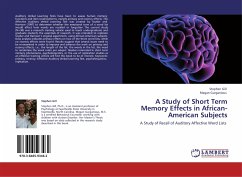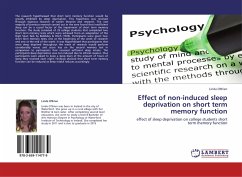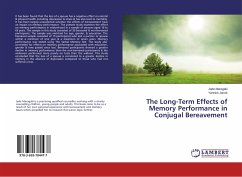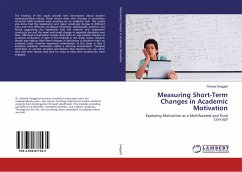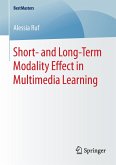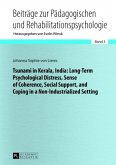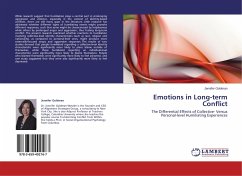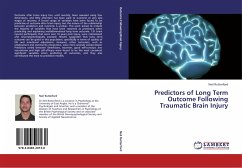Auditory Verbal Learning Tests have been to assess human memory functions and item recall patterns, namely primacy and recency effects. The Affective Auditory Verbal Learning Test was created by Snyder and Harrison (1997) to determine whether the emotional tone of a word list would affect how words are recalled or forgotten. The current study (N=90) was a research training vehicle used to teach undergraduate and graduate students the essentials of research. It was intended to replicate Snyder and Harrison s original experiment, using African-American subjects. Data analysis indicates primacy effects on two of the three word lists, while no recency effects were found. Results suggest that several issues need to be re-examined in order to improve and advance the work on primacy and recency effects, i.e., the length of the list, the words in the list, the need to randomize the word order per subject. Readers interested in short term memory phenomena, psycholinquistics, or the use ofreplication studies as an effective training vehicle will find this book to be of interest. Keywords: primacy, recency, Affective Auditory Verbal Learning Test, psycholinquistics, replication.

